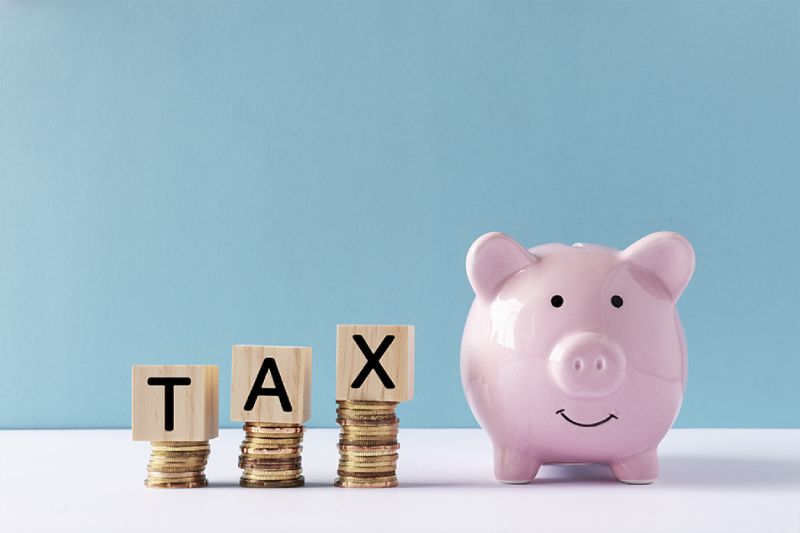
The current fiscal year’s tax-saving investment deadline is quickly approaching, so taxpayers must choose wisely by taking into account a number of criteria. These variables include, but are not limited to, lock-in durations, early withdrawal penalties, interest income taxes, and maturity amounts. The taxability of investment returns becomes especially important for people in higher income tax bands, which is why investments that give tax-free returns are so appealing.
Salaried individuals will be able to select between the old and new tax regimes in the fiscal year 2023–2024. The new system offers lower tax rates but fewer deductions and exemptions than the previous one, which permits tax deductions and exemptions. Therefore, before choosing a choice, people should evaluate their final tax obligations under both regimes. Choosing the right tax-saving solutions is equally important even if the previous tax system turns out to be more advantageous.
Four tax-saving investment strategies are listed below that not only assist people save income taxes but also yield profits on which no taxes are due. It’s crucial to remember that only individuals who choose to use the previous tax system are eligible for these tax advantages.
Investors in the Public Provident Fund (PPF) can lower their taxable income under Section 80C. Because this scheme is in the “exempt-exempt-exempt” (EEE) category, investors are free from paying taxes on the amount they invested and the interest they earn, as well as the maturity amount. Because the PPF plan is backed by a sovereign guarantee, it provides excellent security. There is a 15-year lock-in period during which time people can take use of a lending facility and, under certain circumstances, withdraw money early.
SSY is a deposit program designed for girls under the government’s “Beti Bachao, Beti Padhao” initiative. Like PPF, SSY has the EEE tax status, which exempts the invested amount, interest received, and maturity amount from taxes. The plan has a 21-year lock-in term and permits early withdrawal under specific circumstances.
Salaried people who are enrolled in the Employee Provident Fund (EPF) must contribute 12% of their salary in order to be eligible for a Section 80C deduction. Under the same rules that apply to EPF, more contributions may be made to VPF. Because the EPF system is run by the government, it provides the highest level of security. As long as contribution caps are not surpassed, contributions to EPF and VPF are eligible for EEE tax status, which includes tax exemptions on the invested amount, interest earned, and maturity amount.
A number of elements must be carefully considered when choosing the best tax-saving investment option to ensure both tax savings and competitive returns. When making investing decisions, people must consider their tax implications, risk tolerance, and investment goals.
May is Small Business Month, a time to honor and recognize the achievements of the… Read More
Swiss International University (SIU) is on track to be one of the world's most respected… Read More
In a session that left students buzzing with fresh ideas and practical insights, Invertis University… Read More
At the 21st Shanghai International Automobile Industry Exhibition, which is surging with the wave of… Read More
Liverpool, UK—House of Spells and Comic Con Liverpool are once again collaborating to bring the… Read More
Introduction In India's booming EdTech space, there's one name that's making waves among Telugu students… Read More